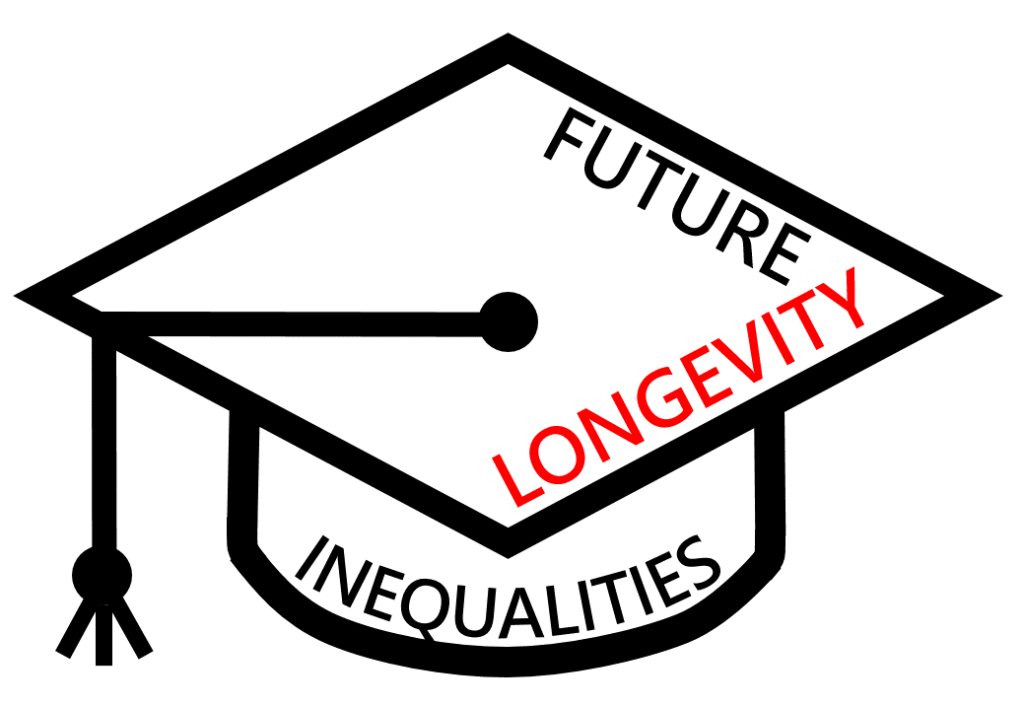
In modern welfare states, people with low socio-economic status (SES) live, on average, 3-10 years less than people with high SES. The recent increase in these socio-economic longevity inequalities, despite efforts to reduce them, is not only cause for concern, but also raises important academic questions, which so far have not or insufficiently been addressed.
Why did socio-economic longevity inequalities increase? Will they continue to increase unabatedly? What are the implications for future life expectancy in Europe? And how responsive are socio-economic longevity inequalities to policy measures?
In the FUTURE LONGEVITY INEQUALITIES project we will provide answers to these pressing questions.
The overall aim of the project is to estimate future socio-economic longevity inequalities in Europe, thereby integrating to-be-generated knowledge into the impact of lifestyle ‘epidemics’ on past trends in socio-economic longevity inequalities, and into the responsiveness of socio-economic longevity inequalities to policy measures.
The project is funded by a research grant to Prof. Fanny Janssen from the Dutch Research Council (NWO)(VI.C.191.019). The project started October 2020 and will last until December 2028.